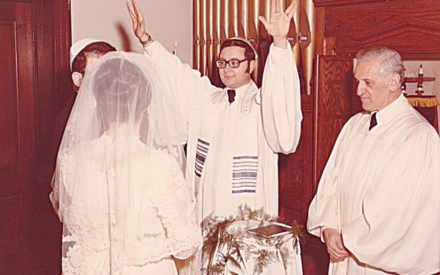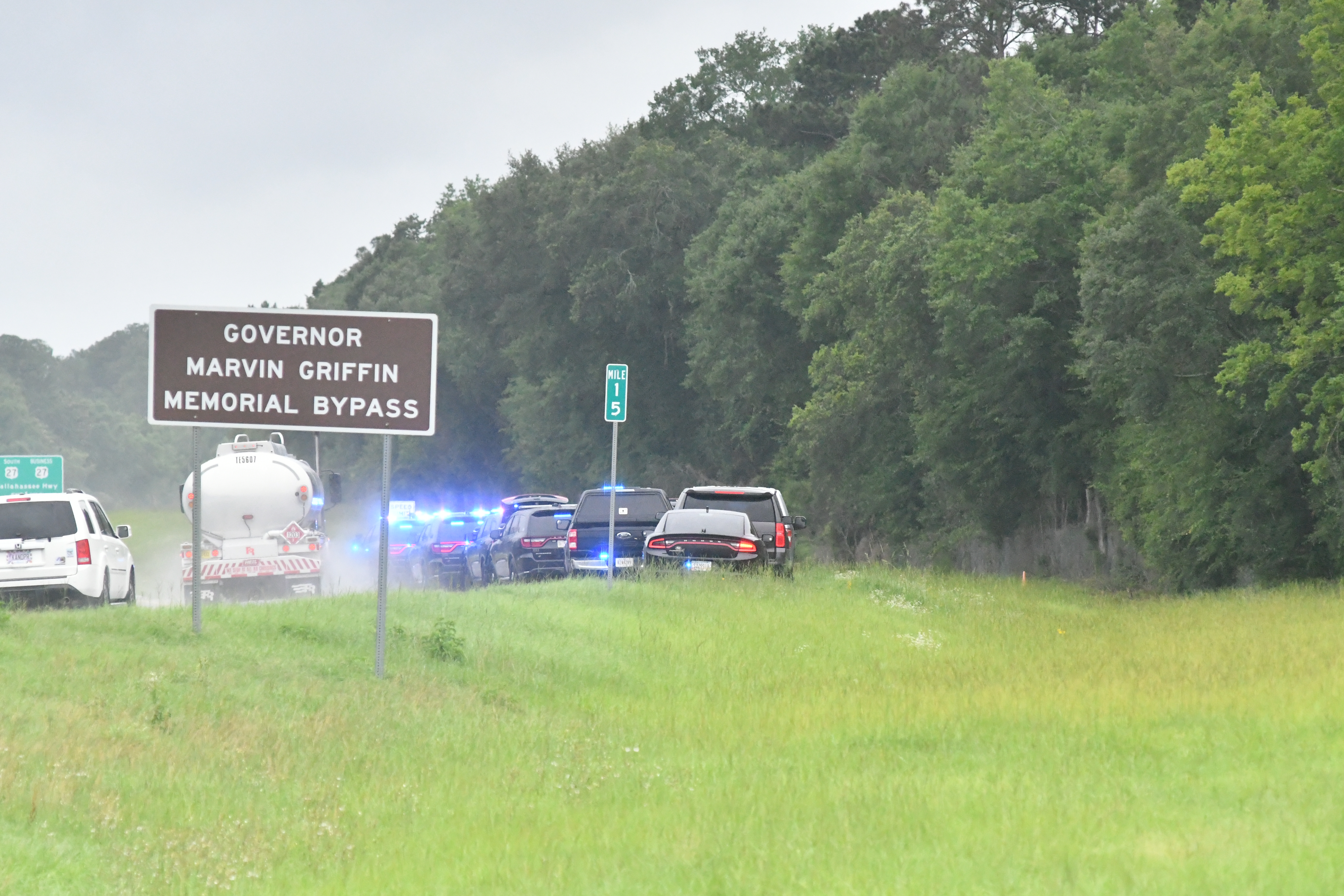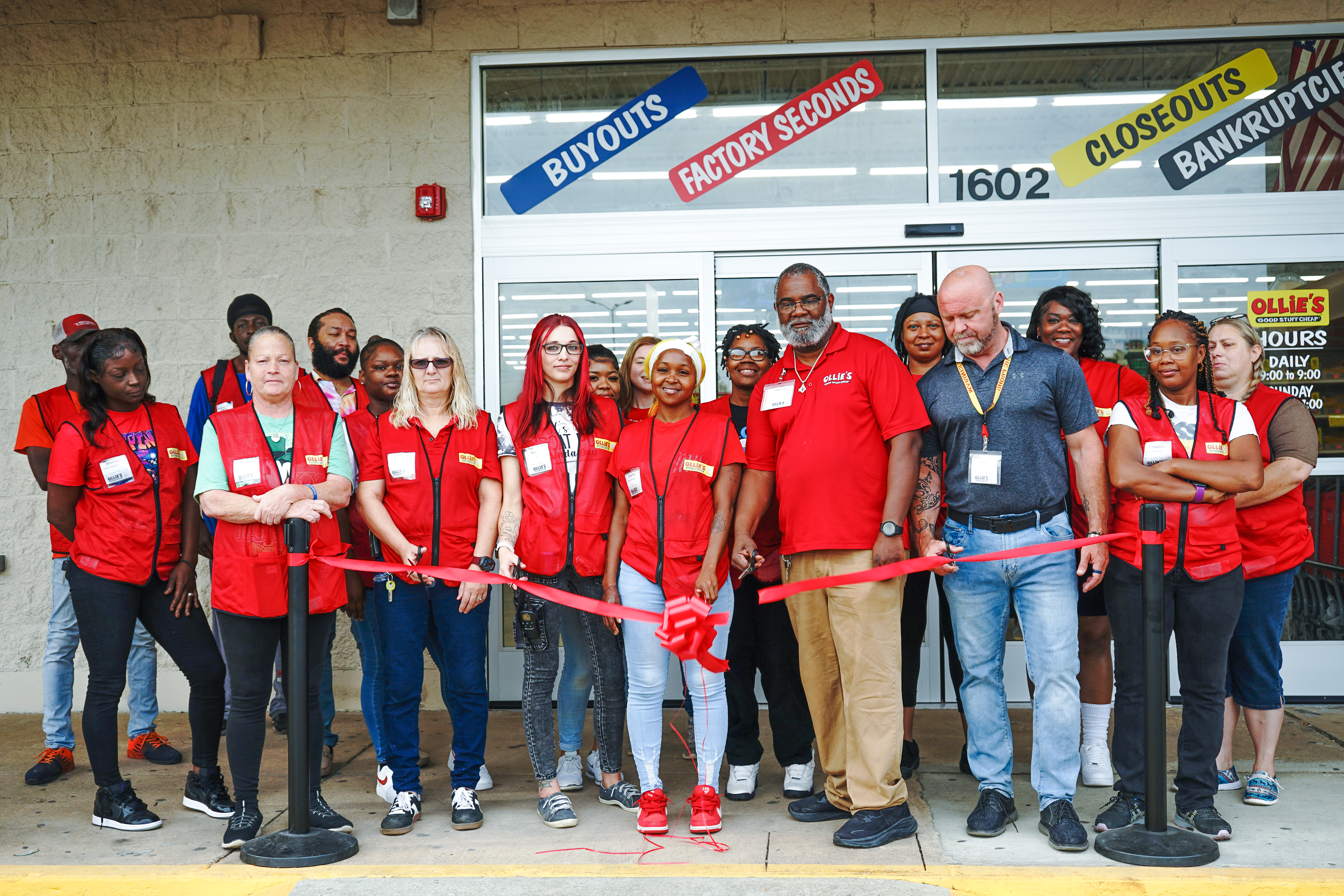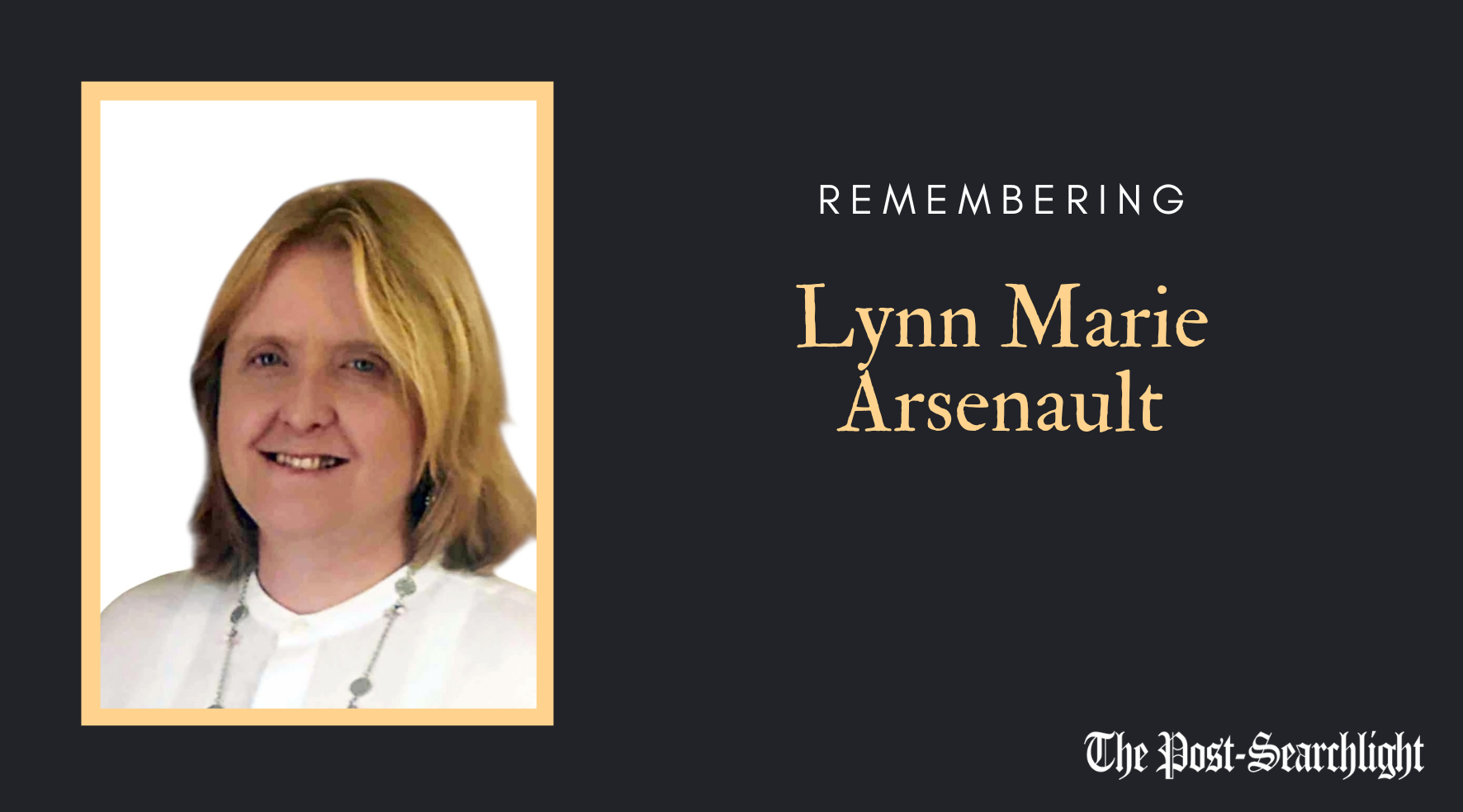Jewish Bainbridge small town beginnings
Published 5:01 pm Friday, August 31, 2018
By Jan Jaben-Eilon
Atlanta Jewish Times
Editor’s Note: This is the second installment in a series on Jewish life in small towns that has featured Bainbridge. The previous story ran in the Aug. 18 edition of The Post-Searchlight.
Ed Wolffe and Dr. Robert Grollman have been friends since they were 3 years old, living in Bainbridge, Ga. Now in their mid-70s, Wolffe lives in Roswell and Grollman in Sandy Springs. They often eat Friday night dinners and go on vacations together. When the popular Sandy Springs restaurant, The Brickery, was open, they’d run into another former Bainbridge resident, Sarah Gail Ehrlich Hytowitz, who lives in Johns Creek.
Growing up Jewish in a small Georgia town, sharing common, unique and historical experiences, created lifelong relationships for these now longtime residents of Atlanta. They may not get back to Bainbridge very often, but they stay in close contact. Wolffe frequently talks to his sister, Roslyn Palmer, a 32-year veteran of the Bainbridge City Council and president of Temple Beth El. And Grollman occasionally sees his brother, Joseph “Jody,” in Bainbridge.
“Bainbridge was a great place to grow up,” says Grollman, a dentist who has volunteered with the Ben Massell Dental Clinic for more than 40 years. “We had an active congregation when I was growing up and a good-size cemetery. But it would probably be tough to live there after living in a metropolitan area,” says the former Temple Sinai member.
Wolffe was born at Piedmont Hospital, “when it was on Piedmont Avenue,” and lived with his grandmother in Atlanta while his father was in the Army until he moved to Bainbridge at age 3. He recalls a peak of maybe 10 Jewish children in a 3-year-old age group at Temple Beth El. So when he visited his aunt in Savannah over two summers to take Hebrew lessons before his bar mitzvah, it was an overwhelming experience. “There were thousands of Jewish kids. They were all like me!” To this day, he still remembers the song blasting on the radio at the time: Elvis Presley’s “Hound Dog.”
In 1950s Bainbridge, there was “nothing to dislike or hate or fear,” says Wolffe. “We never locked the doors. It was a simpler time.” His parents never explicitly told him what to do with his life, but there were “silent nudges.”
They wanted him to marry a Jewish girl, go to college and not live in Bainbridge. He met his (Jewish) wife Barbara and they were members of Temple Emanu-El in Sandy Spring for years while their children were growing up.
Hytowitz and her husband, Allan, are celebrating their 45th year as members of Temple Sinai. She says they attend services nearly every Friday night and her husband enjoys Torah study on Saturdays there. Their membership predates Rabbi Phil Kranz’s leadership at Sinai.
Hytowitz’s relationship with Kranz started in Bainbridge. “In 1968, we didn’t have a rabbi at Temple Beth El,” she says. “We would go to Albany for high holiday services. My brother was studying to be a rabbi at Hebrew Union College and at one point we asked them to send us a student rabbi. Phil Kranz came to Bainbridge for two weeks. He and my mother really connected.”
There have been Jews in Bainbridge for decades. The Ehrlich family, particularly, has a long history in the southwest Georgia town, Hytowitz recounts. “Abraham Ehrlich was a peddler who fought for the South in the Civil War. My grandfather had a pharmacy where my father and brother also worked. Now it’s a Chinese restaurant.”
Although she moved to Atlanta in 1972, her ties with Bainbridge remain strong. “We talk about growing up there all the time. We could go outside and play. If you stood on our front porch, you could see the synagogue and we were close to my father’s store.” Because she was the only Jewish child of her age growing up, in kindergarten she became close friends with 17 other girls who have continued to vacation at the beach together every summer. She’s the only Jewish member. “I am immensely involved with that group. I still have a tremendous connection to Bainbridge.”
Still, she says the best thing about living in Atlanta is her ability to experience Judaism more fully. In her 30s, she had a bat mitzvah. “I’m Jewish and I want to continue being a Jew, so we’ll stay in Atlanta.”
There’s one big difference between Jewish life in small towns vs. large cities, says Lee Shai Weissbach, professor of history emeritus at the University of Louisville. “Negotiations,” he underlines. “In large cities, if there’s an argument between congregants at a synagogue, a group just breaks off and starts a new congregation. In small towns, there are just not enough Jews to support more than one congregation, says the Philadelphia-based author of “Jewish Life in Small-Town America: A History,” who studied communities of anywhere from 100 to 999 Jews.
The tight-knit Bainbridge Jewish community has other historical ties. Grollman and Wolffe’s fathers, both active in the local Lion’s Club, were in the same district as Jimmy Carter. “We knew him even before he ran for governor,” says Grollman, referring to the future Georgia governor and U.S. president. “I’ve got all kinds of correspondence from Jimmy Carter to my family, letters that they had written back and forth before he was president and even while he was president,” Grollman recounts in the testimony he gave to the William Breman Jewish Heritage Museum Esther and Herbert Taylor Jewish Oral History Project of Atlanta.
Even as the world has changed over the decades, so has Bainbridge. As Jody Grollman points out, he has a Walmart less than two miles away. “So, I don’t need to move” to a big city, he laughs. Palmer brags about the recent major announcement that gun manufacturer Taurus USA is moving its corporate headquarters to Bainbridge from Miami. “It will mean 300 to 350 jobs here. They’ve already started the ground work and it’s due to open in 2020.” So much for small-town living!






